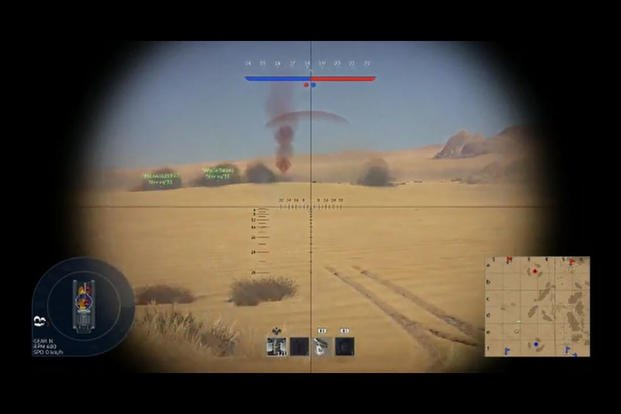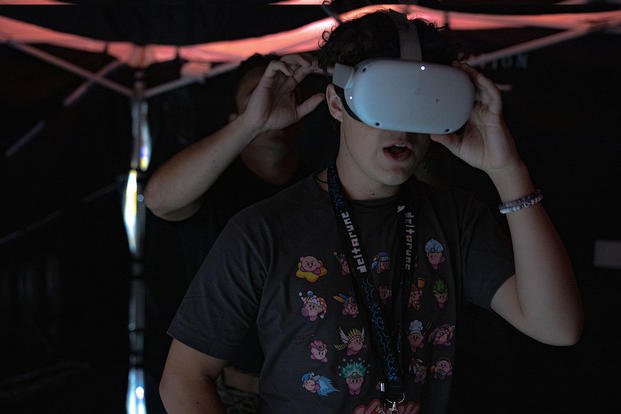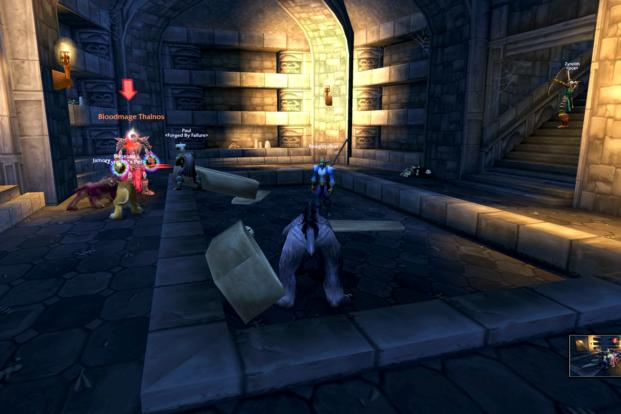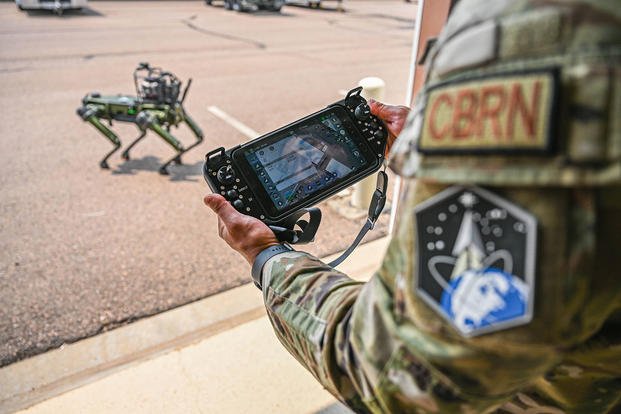Researchers in the United Kingdom and Australia have released a new commentary that looks at how esports competitors and other video gamers might have an advantage in high-stress jobs and training. They found that it might be worth it to order service members to play some games.
The article, aptly named "Commentary on the Transferability of Esports to Military and Emergency Responder Roles," published in July, draws on recent research and features opinions from experts in the field like lead author Benjamin Sharpe from the Human Attention Laboratory at the University of Chichester.
The researchers' opinions – that video games help develop important skills and should be researched more – won't be terribly surprising to readers of Hip-Pocket Gaming. We know gaming can be applied in military training environments and foster strategy and community.
But, the article provides more academic rigor to assertions around video games as training tools, and the researchers commented on recent analysis that ties performance in video games to emergency performance in surprising ways.

"Collectively, there is growing interest in comprehending the interplay between physical and cognitive performance and exploring avenues to optimize cognitive capabilities within demanding environments," the researchers wrote.
"Research has consistently demonstrated bidirectional relationships between physical and cognitive performance, with studies showing that physical fitness can enhance cognitive function (Chang et al., 2012; Mandolesi et al., 2018), whereas cognitive fatigue can impair physical performance (Van Cutsem et al., 2017)."
Get that? The researchers are saying that video games improve cognitive performance, and because improved cognition typically improves physical performance, we should look at whether playing video games can improve that too.
Basically, if your brain is overwhelmed during a military exercise or operation, that makes you hit physical failure earlier. And so experiencing stressful events in video games can improve cognition, and that will likely make it easier to endure next time you're in the field for a long time.
They also looked at research that showed how different video games teach different skills. They don't go so far as to say, "Playing these games will improve these skills and therefore improve team performance," but they point out that video games develop specific skills. As a result, it’s worth researching whether training plans that incorporate specific games improve those same skills in real military conditions.

The researchers reviewed information published by peers around the world, and they found evidence that different video-game genres have been proven to assist with different skill sets. For instance, strategy and puzzle games led to improvements in decision-making, perseverance and long-term planning, all of which are essential skills for service members. Puzzle games helped with pattern recognition while single-player action game players saw improvements in reaction time and attention to detail, according to their review.
The research paper also said massively multiplayer online role-playing games, like World of Warcraft, seem to help with collaboration, communication and judgment.
Gamers Are Already Using These Skills in Their Jobs

I started playing World of Warcraft a few years before I joined the Army, and I've played it off and on for 20 years. I used common World of Warcraft tactics in military settings and vice versa. The easiest example to describe quickly is taking cover from an enemy when you want to draw them in closer to you.
In World of Warcraft, this is called "Breaking Line of Sight" and is used to force enemy units to chase you into an ambush; soldiers and Marines practice similar tactics in basic training. Whether in the military or video games, this is advanced problem solving that requires teamwork and planning. It carries higher stakes in the military, though.
Of course, the most direct parallel between skills developed in video games and used in the military are in those military jobs that almost look like video games, like drone operators.

"Research suggests potential parallels between the cognitive requirements of military personnel and competitive esports players, particularly in specific roles such as video display unit operators or remotely piloted aircraft systems operators," the researchers wrote.
Yeah, the guy using a video game controller to drive a first-person drone gets the most transferrable skills from video games. No surprise there.
Of course, many militaries worldwide are experimenting with these tools. The U.S. military has modified commercial games to make them better training tools in the past, and the Ministry of Defence in the U.K. hosted at least two digital skill events last year and invited video-game companies to be part of it.
The article is available in its entirety as a PDF from the University of Chichester. The reference list at the end of the commentary is filled with articles that would be valuable to any leader interested in using simulators or video games for training.
Keep Up With the Best in Military Entertainment
Whether you're looking for news and entertainment, thinking of joining the military or keeping up with military life and benefits, Military.com has you covered. Subscribe to the Military.com newsletter to have military news, updates and resources delivered straight to your inbox.










